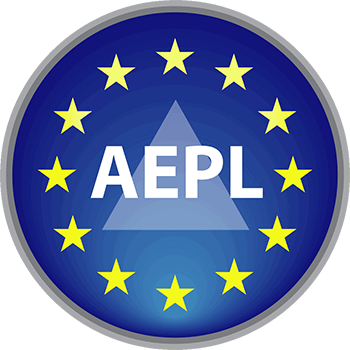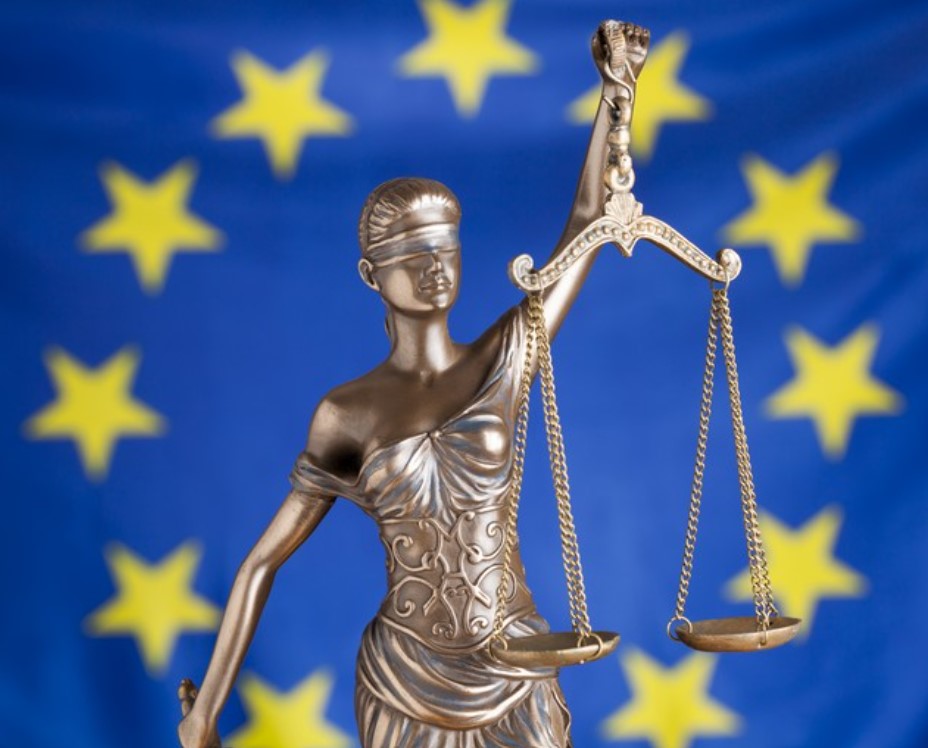Rule of law and fundamental rights.
- What are we talking about?
Le concept d’état de droit, qui est le pilier fondamental des démocraties libérales, est aussi la clé de voûte de l’architecture juridique de l’Union européenne telle qu’elle est décrite dans le Traité de Maastricht (TUE, 1992) et dans celui de Lisbonne (TFUE, 2007) ainsi que dans la Charte des droits fondamentaux de l’UE (Nice, 2000).
L’article 2 du TUE précise que :
" l’Union est fondée sur les values de respect de la dignité humaine, de liberté, de démocratie, d’égalité, de l’as well asrespect for human respect des droits de l’Homme, y compris des droits des personnes appartenant à des minorités. Ces valeurs sont communes aux États membres dans une société caractérisée par le pluralisme, la non-discrimination, la tolérance, la justice, la solidarité et l’égalité entre les femmes et les hommes« .
- A concept under threat.
L’idée d’état de droit, qui est censé protéger les libertés fondamentales dont jouissent les citoyens européens, est aujourd’hui contestée et fait l’objet de trois grandes critiques.
- L’état de droit se serait mis au service du néolibéralisme, considéré comme un dévoiement du libéralisme originel et justification d’un capitalisme débridé.
- L’état de droit, parce qu’il protège des droits individuels de plus en plus étendus, serait responsable du développement d’une société composée d’individus narcissiques, faisant prévaloir leurs désirs personnels sur la nécessité de vivre ensemble de manière solidaire.
- L’état de droit, en encourageant le ‘government by judges'‘, marquerait la fin du politique. Ce dernier reproche est surtout adressé à l’UE, coupable d’utiliser l’état de droit pour diluer, voir anéantir, la légitimité des décisions nationales.
Ces trois grandes catégories de critiques sont portées par divers groupes aux intérêts, parfois divergents, mais qui tombent d’accord pour essayer de saper le fonctionnement des institutions européennes ou nationales se réfèrent aux valeurs énoncées plus haut.
Dans cette coalition d’ennemis de l’état de droit on retrouve :
- Les critiques du libéralisme politique. Ils appartiennent à la tradition la plus ancienne puisqu’ils ont déjà commencé à s’exprimer à partir de la Révolution française. C’est notamment dans leurs rangs qu’on retrouve les religieux intégristes qui regardent avec suspicion ces droits de l’homme qui ont contribué à séculariser les sociétés occidentales. Ils opposent, le plus souvent de manière implicite les droits de dieu aux droits de l’homme.
- Les marxistes orthodoxes pour qui les droits de l’homme sont une invention bourgeoise qui masquer les rapports de force économiques qui constituent les vrais enjeux sociaux.
- Les populistes et les souverainistes. Les premiers promeuvent ce que l’on appelle improprement la ‘démocratie illibérale’. Ce terme trompeur sert à masquer la volonté de mettre fin à un des éléments centraux de la démocratie, la séparation des pouvoirs. La première cible étant l’indépendance de la justice. Les seconds contestent l’ingérence – illégitime à leurs yeux – d’institutions supranationales non élues dans les décisions des états membres de l’UE. Populistes et souverainistes se rejoignent pour estimer que la CJUE ou la CEDH bafouent les parlements nationaux quand elles critiquent ou réforment des décisions de ceux-ci en se fondant sur des instruments juridiques que ces états ont pourtant ratifiés.

























